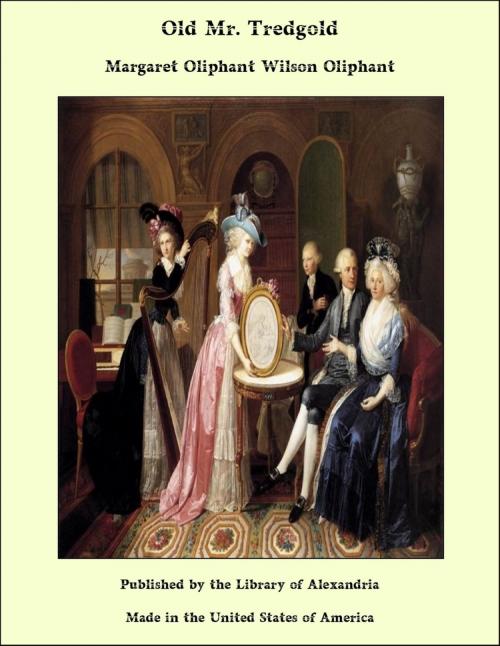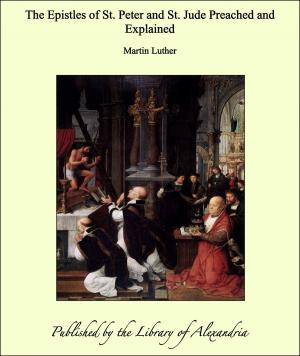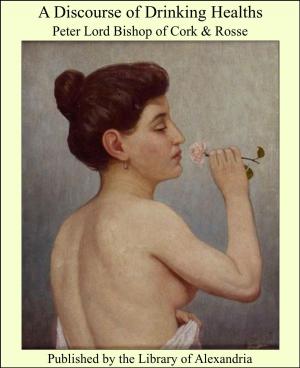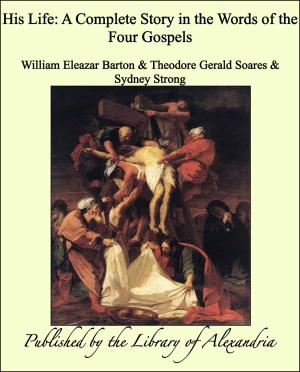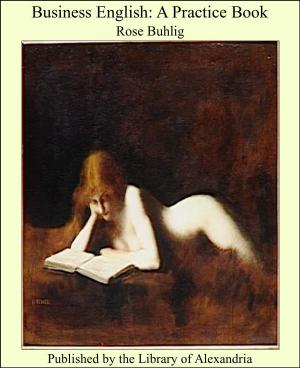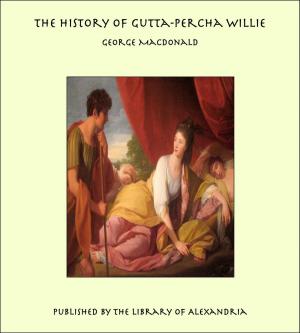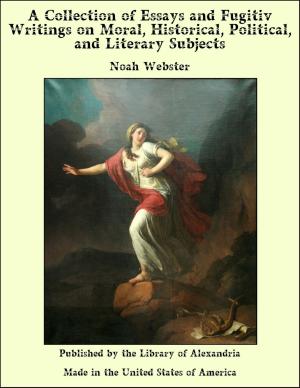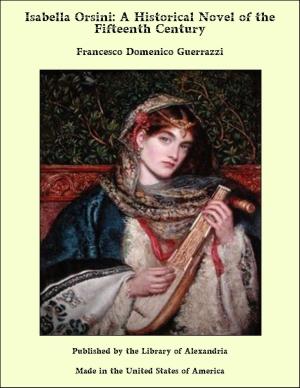| Author: | Margaret Oliphant Wilson Oliphant | ISBN: | 9781465616975 |
| Publisher: | Library of Alexandria | Publication: | March 8, 2015 |
| Imprint: | Language: | English |
| Author: | Margaret Oliphant Wilson Oliphant |
| ISBN: | 9781465616975 |
| Publisher: | Library of Alexandria |
| Publication: | March 8, 2015 |
| Imprint: | |
| Language: | English |
They were not exactly of that conventional type which used to be common whenever two sisters had to be described—the one dark and the other fair, the one sunny and amiable, the other reserved and proud; the one gay, the other melancholy, or at least very serious by nature. They were not at all like Minna and Brenda in the “Pirate,” which used to be a contrast dear to the imagination. But yet there was a very distinct difference between them. Katherine was a little taller, a little bigger, a little darker, than Stella. She was three years older but was supposed to look ten. She was not so lively in her movements either of mind or person, and she was supposed to be slow. The one who was all light threw a shadow—which seems contradictory—on the other. They were the two daughters of an old gentleman who had been that mysterious being called a City man in his time. Not that there was anything at all mysterious about old Mr. Tredgold; his daughters and his daughters’ friends were fond of saying that he had come to London with the traditionary half-crown in his pocket; but this was, as in so many cases, fabulous, Mr. Tredgold having in fact come of a perfectly creditable Eastern Counties family, his father being a well-to-do linen draper in Ipswich, whose pride it was to have set forth all his boys comfortably, and done everything for them that a father could do. But perhaps it is easier to own to that half-crown and the myth of an origin sudden and commercially-romantic without antecedents, than to a respectable shop in a respectable town, with a number of relatives installed in other shops, doing well and ready to claim the rights of relationship at inconvenient moments. I do not know at all how fortunes are made “in the City.” If you dig coals out of the bowels of the earth, or manufacture anything, from cotton to ships, by which money is made, that is a process which comes within the comprehension of the most limited faculties; but making money in the City never seems to mean anything so simple. It means handing about money, or goods which other people have produced, to other third or fourth people, and then handing them back again even to the Scriptural limits of seventy times seven; which is why it appears so mysterious to the simple-minded.
They were not exactly of that conventional type which used to be common whenever two sisters had to be described—the one dark and the other fair, the one sunny and amiable, the other reserved and proud; the one gay, the other melancholy, or at least very serious by nature. They were not at all like Minna and Brenda in the “Pirate,” which used to be a contrast dear to the imagination. But yet there was a very distinct difference between them. Katherine was a little taller, a little bigger, a little darker, than Stella. She was three years older but was supposed to look ten. She was not so lively in her movements either of mind or person, and she was supposed to be slow. The one who was all light threw a shadow—which seems contradictory—on the other. They were the two daughters of an old gentleman who had been that mysterious being called a City man in his time. Not that there was anything at all mysterious about old Mr. Tredgold; his daughters and his daughters’ friends were fond of saying that he had come to London with the traditionary half-crown in his pocket; but this was, as in so many cases, fabulous, Mr. Tredgold having in fact come of a perfectly creditable Eastern Counties family, his father being a well-to-do linen draper in Ipswich, whose pride it was to have set forth all his boys comfortably, and done everything for them that a father could do. But perhaps it is easier to own to that half-crown and the myth of an origin sudden and commercially-romantic without antecedents, than to a respectable shop in a respectable town, with a number of relatives installed in other shops, doing well and ready to claim the rights of relationship at inconvenient moments. I do not know at all how fortunes are made “in the City.” If you dig coals out of the bowels of the earth, or manufacture anything, from cotton to ships, by which money is made, that is a process which comes within the comprehension of the most limited faculties; but making money in the City never seems to mean anything so simple. It means handing about money, or goods which other people have produced, to other third or fourth people, and then handing them back again even to the Scriptural limits of seventy times seven; which is why it appears so mysterious to the simple-minded.
